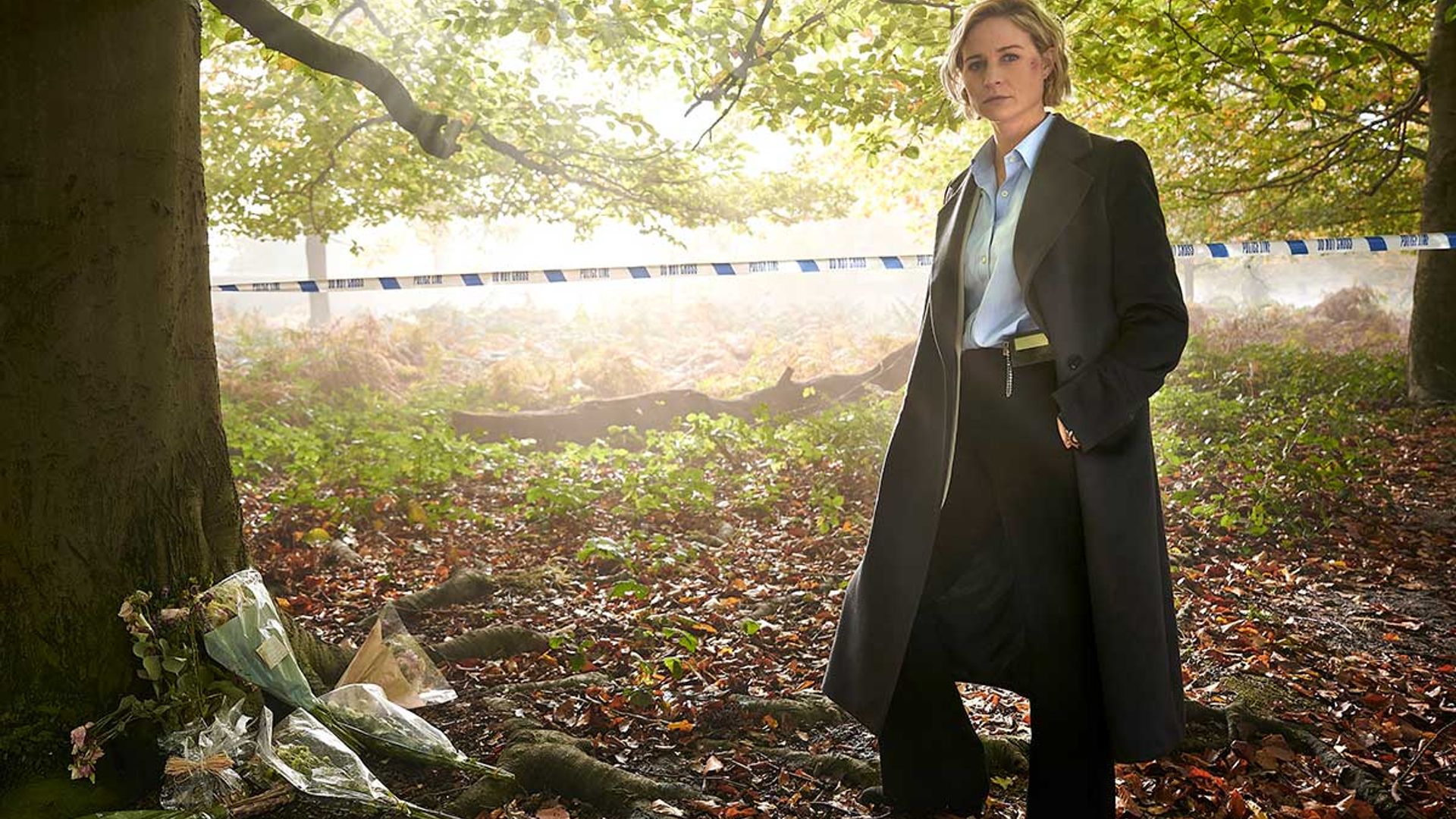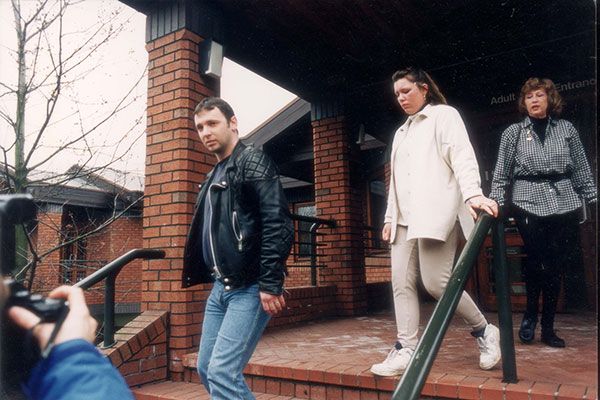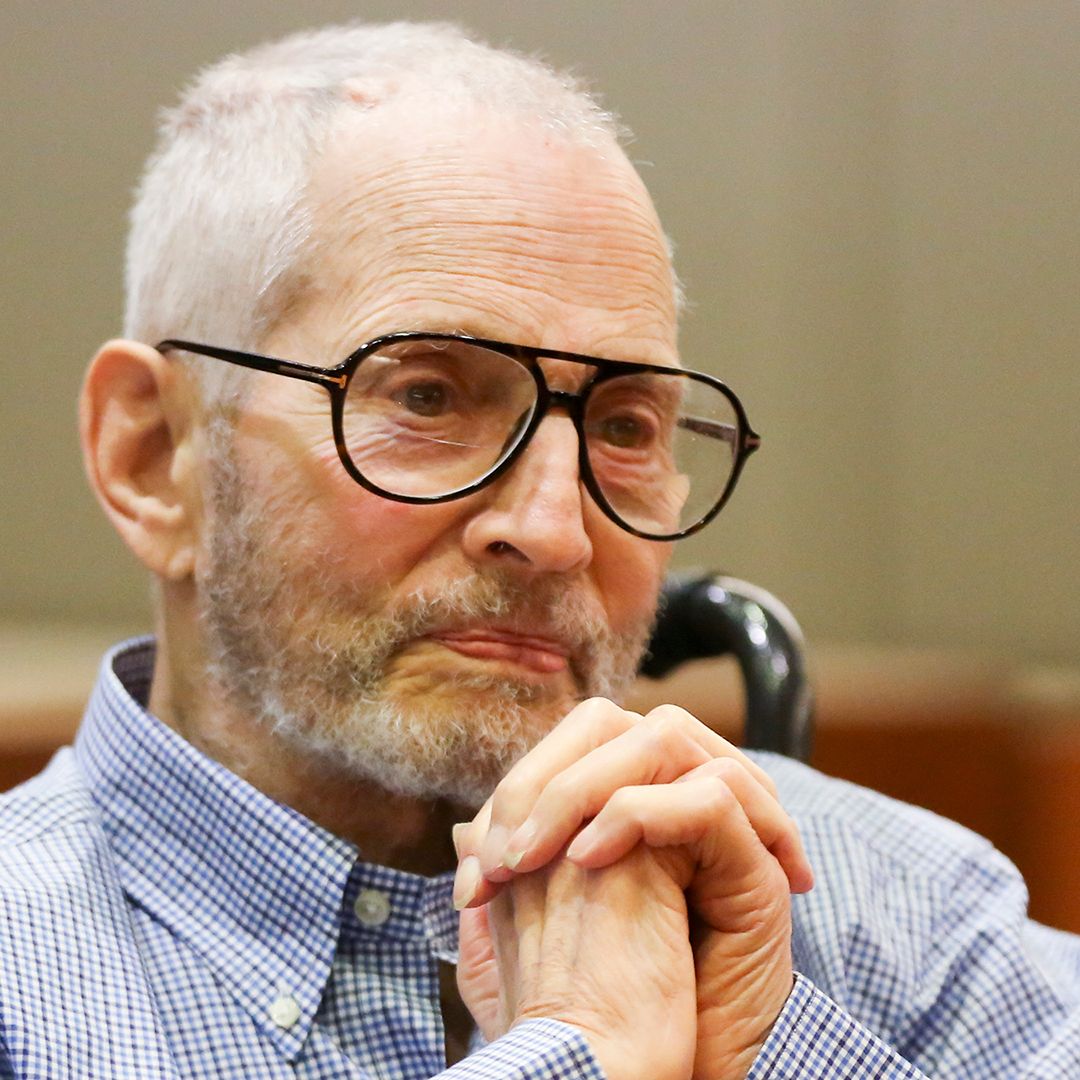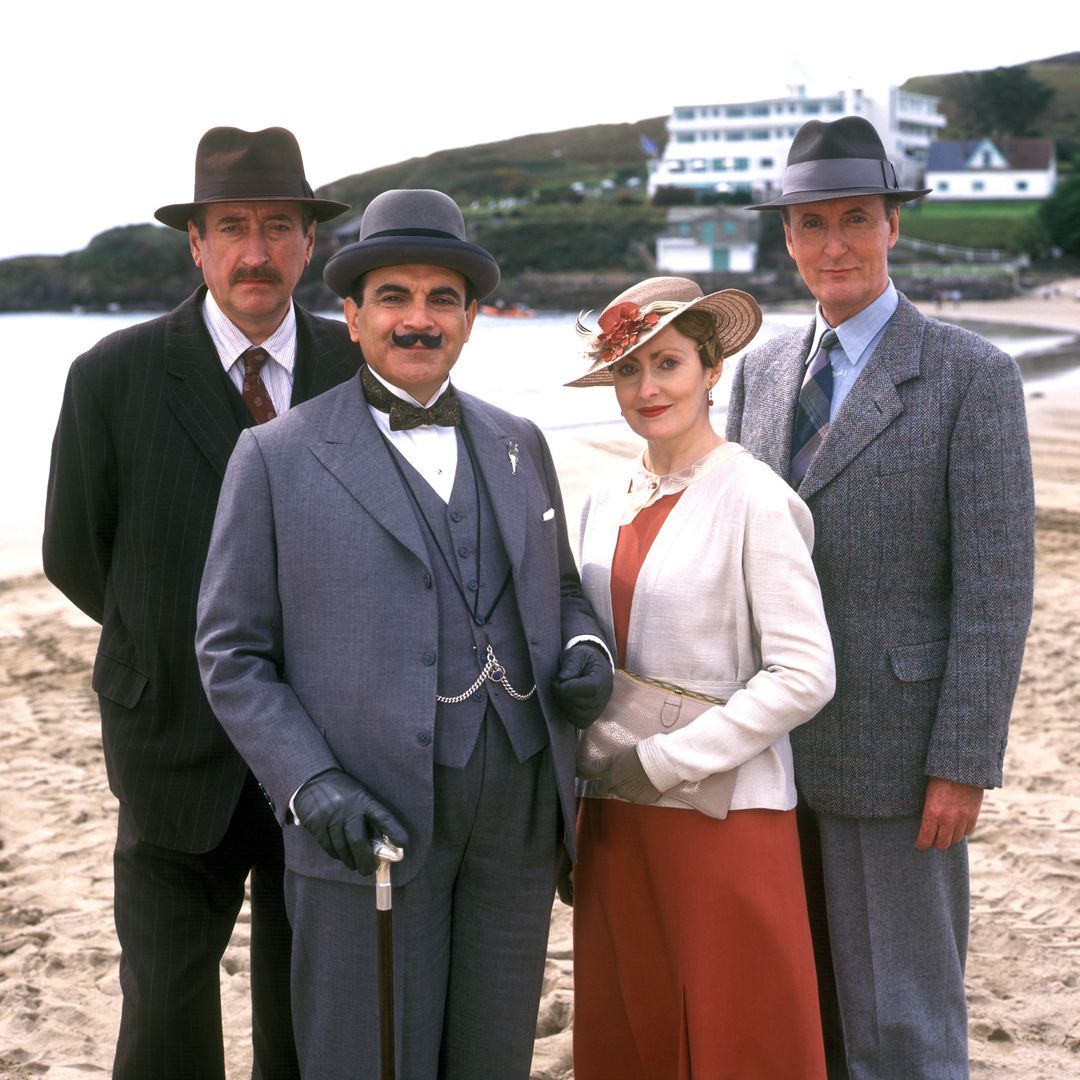Channel 4's new crime drama Deceit is set to explore one of the most catastrophic events in British police history, the investigation into the murder of Rachel Nickell and the controversial 'honeytrap' operation that followed.
MORE: All you need to know about Channel 4's gripping new drama Deceit
Focusing on the female undercover officer who was asked to become sexual bait in order to obtain information from a suspected murderer, the four-part series will have viewers glued to their screens.
But what is the true story behind the drama? Keep reading for everything you need to know about the real-life case that inspired Deceit...
WATCH: Will you be watching the gripping new drama? Check out the trailer here
As the official synopsis for the series reads: "[Deceit] examines the controversial honeytrap [operation] at the heart of the high-pressure investigation into the devastating murder of Rachel Nickell in 1992."
MORE: 20 hottest new TV shows to get excited about from August onwards in 2021
MORE: Find out what Netflix show you should be watching based on your star sign
Rachel Nickell was assaulted and murdered in broad daylight during a walk on Wimbledon Common with her dog and two-year-old son. Her body was eventually discovered by passers-by, who reportedly found her son repeating the words: "Wake up, Mummy".
Rachel Nickell's murder launched a major investigation
The brazen crime shocked the nation and in a desperate attempt to catch her attacker, the police launched a major investigation that became known as Operation Edzell. After zeroing in on a suspect who fit an offender profile created by the now-disgraced criminal psychologist Paul Britton, a female undercover officer with the codename "Lizzie James" was asked to form a personal relationship with him in a bid to get him to confess.
The suspect, a man named Colin Stagg, however, was innocent and the mental impact the undercover operation had on both him and "Lizzie" - whose real name is not known - was severe.
Colin was eventually acquitted and awarded a huge sum of money in compensation
While Colin was wrongly charged with Rachel's murder the following year and forced to stand trial at the Old Bailey in 1994, her real killer, a man named Robert Napper, walked free. He carried out numerous sex attacks on women, as well as three murders, in the intervening years before he was eventually caught. He suffered from paranoid schizophrenia and Asperger's and was already a patient at Broadmoor Hospital when he confessed to killing Rachel in 2008.
MORE: Addicted to true-crime documentaries? CBS Reality channel will be your new TV obsession
Colin, who was in custody for more than a year, was formally acquitted in April 1995 and sued the Metropolitan Police on the grounds of malicious prosecution and wrongful arrest. He was given £706,000 compensation, while "Lizze" also received a payout of £125,000. The judge overseeing the case condemned the police's decision to use a female officer as bait and branded the investigation tactic a "honey trap".
It's not known where the real "Lizzie" is today as she is protected by a lifetime anonymity order. As for Colin, he now leads a relatively normal life and has been married for a number of years to a woman who began writing to him while he was awaiting trial. They share four children.
Like this story? Sign up to our newsletter to get other stories like this delivered straight to your inbox.











